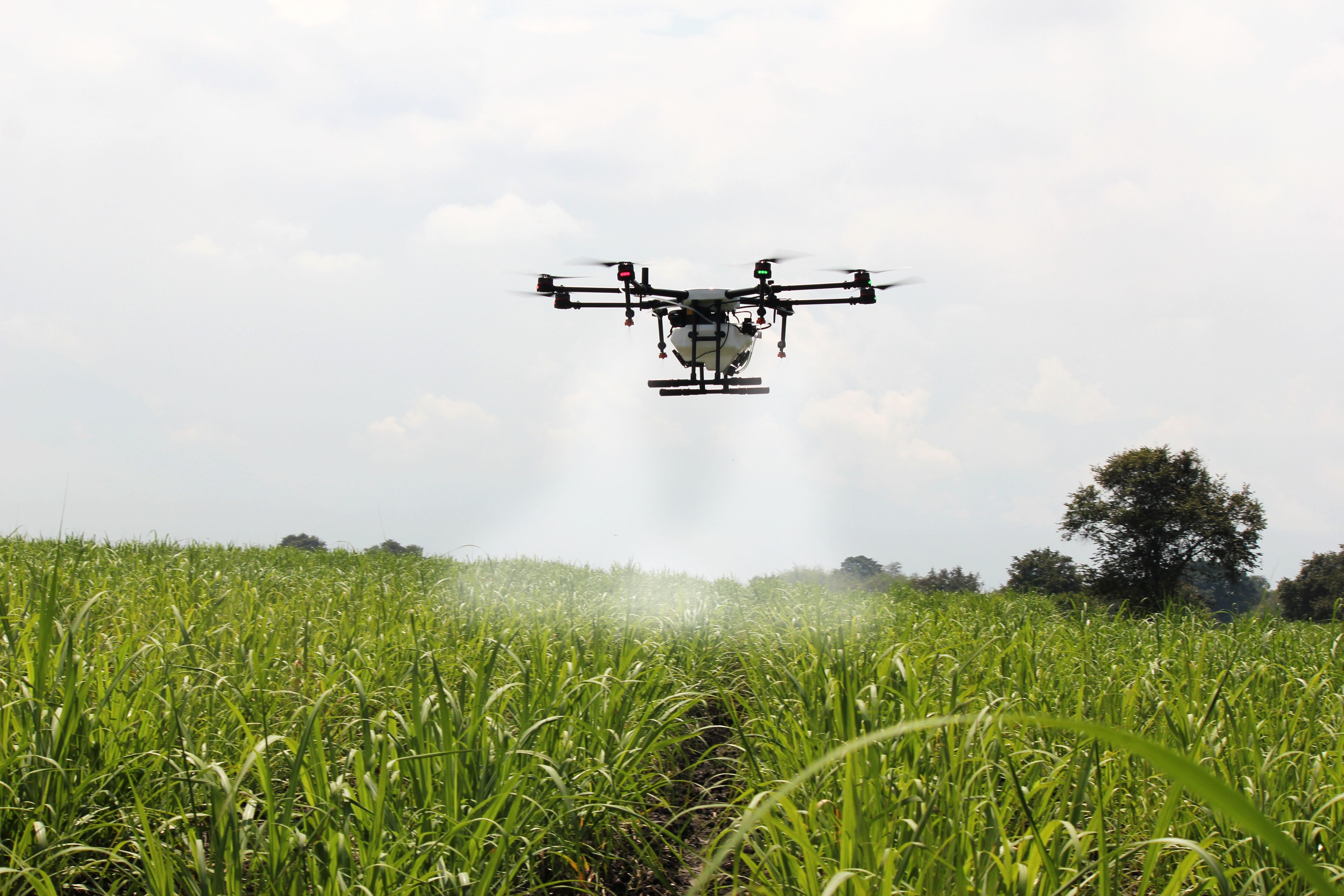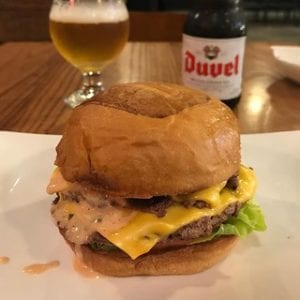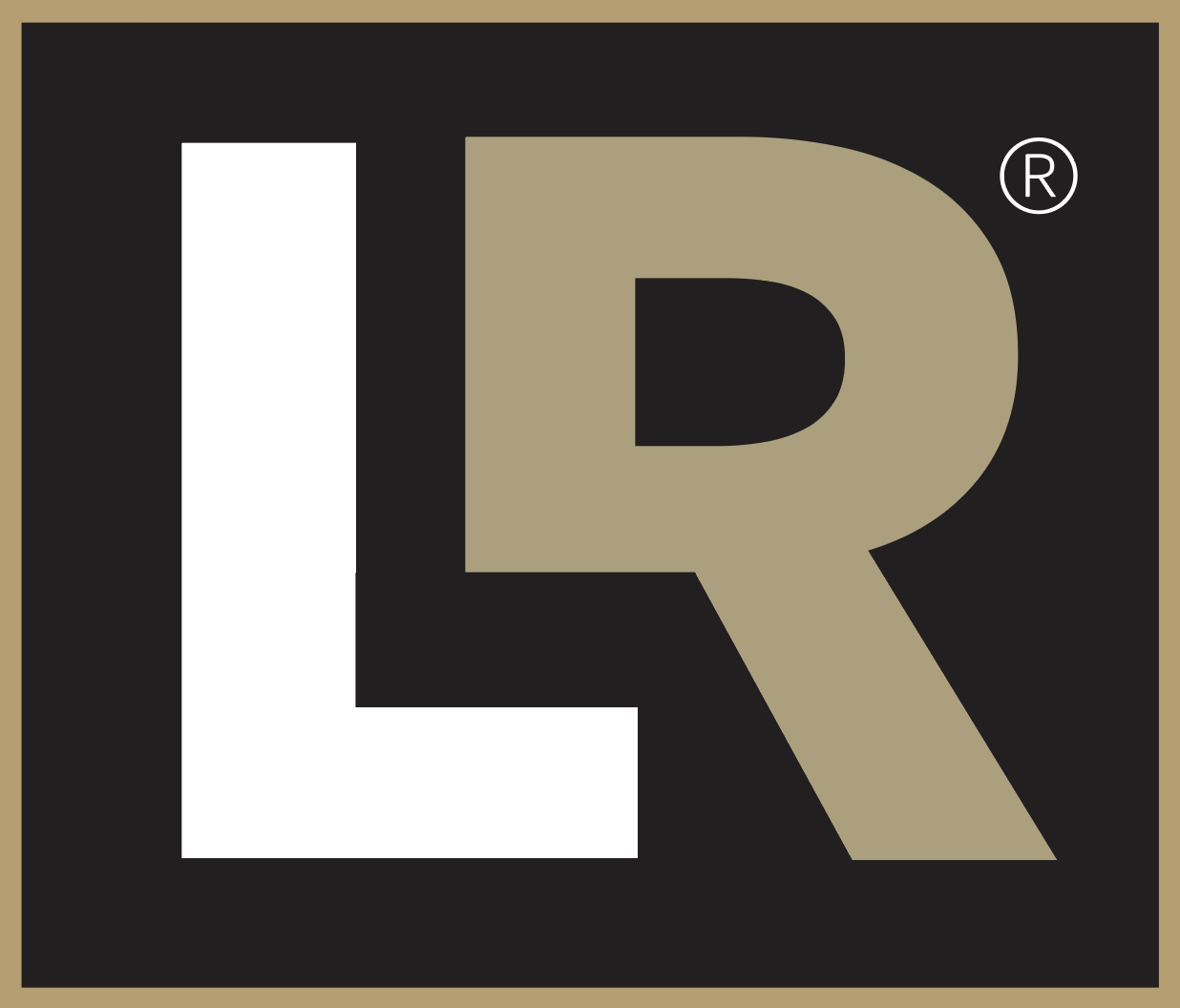Tomorrow's Dinner: The Future of Food

Tomorrow's Dinner: The Future of Food
We're living in the future, but it's not the future we were promised. Flying cars exist, but they're not in every garage because they're not commercially viable (or mechanically optimal). Cold fusion is always 10 – or 30 – years away, and will continue to be, until it dissolves in a puff of vaporware. And we still eat food, or at least extruded food-like products, instead of a “meal-in-a-pill.” Still, people continue to look to high-tech solutions when it comes to tomorrow's dinner, metaphorically speaking. The future of food may not be as much about The Jetsons as decades of seeming progress has led us to expect. In fact, it might be downright Little House on the Prairie.Take, for example, artificial meat, a product many see as critical to the future of food. In theory, it's a great idea, delivering high quality protein to the masses without the ecological impact or moral objections involved with animal suffering and slaughter. Peek under the hood, though, and it's still gruesome. For example, the “blood” that makes the plant-based Impossible Burger so meaty was originally derived from a hemeprotein found in soy plant roots. The heme DNA was spliced into genetically modified yeast, which are able to excrete the fake blood in commercially viable quantities. Instead of it being a friendly, natural alternative to meat, let's just call it what it is: a highly-processed, factory-made substitute for natural food.
 The plant-based "Impossible Burger" is so meaty because of its blood-like drippings that come from genetically modified yeast. Photo by BitBoy, via Flickr. CC BY 2.0
The plant-based "Impossible Burger" is so meaty because of its blood-like drippings that come from genetically modified yeast. Photo by BitBoy, via Flickr. CC BY 2.0
Sources:
Farmers Earn More From YouTube Than Their Crops
Progress and Amnesia
How close are we to a meal pill?
The climate crisis and the end of the golden era of food choice
The new food: meet the startups racing to reinvent the meal
The Gruesome Truth About Lab-Grown Meat
Silvopasture Can Mitigate Climate Change. Will U.S. Farmers Take it Seriously?
Plant-based meats sound healthy, but they’re still processed foods
Putting pigs in the shade: the radical farming system banking on trees
Plant Diversity in Pasture Improves Animal Productivity
Regeneration of Our Lands: A Producer’s Perspective (Video)
Americans Have Planted So Much Corn That It’s Changing the Weather
Iowa Crops Look Like Food — But No One’s Eating
Robotic weeders are racing to replace glyphosate and dicamba
Farmers Of The Future Will Utilize Drones, Robots And GPS
Rising U.S. farm debt and the implications for farmland investors
To Find Alternatives to Capitalism, Think Small

About Dawn Allen
Dawn Allen is a freelance writer and editor who is passionate about sustainability, political economy, gardening, traditional craftwork, and simple living. She and her husband are currently renovating a rural homestead in southeastern Michigan.
